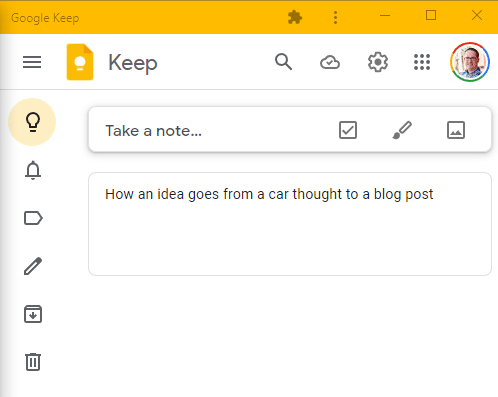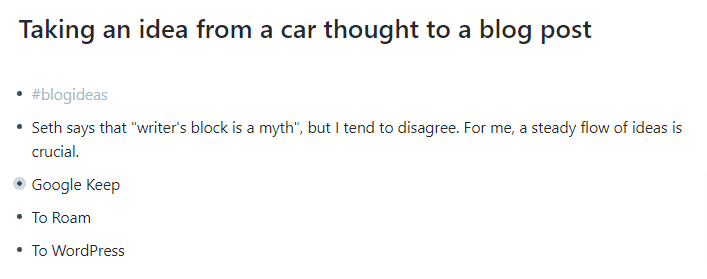I talk about empathy on here quite a bit, but the exact definition of it can still get a little fuzzy for me. The book “To Sell Is Human” talks a bit about empathy versus attunement, and I thought it was an interesting comparison:
Attunement means understanding what others are thinking, and should not be confused with empathy, which means understanding what others are feeling.
The two are closely related, but the difference matters a lot. Depending on the context, I think if you can clue into either one with someone, that’s a gateway to get to the other.
With all of the division we’re seeing in the world lately, empathy is becoming vitally important. It’s worth taking time to put yourself in someone else’s shoes to see how they’re feeling.
To get a productive conversation out of that, though, you need attunement as well. Once you know how they’re feeling, you can learn why they’re feeling that way by understanding what they’re thinking.
From there, the conversation can go 50 different directions, all of which have the possibility to be productive. You can have sympathy for their situation, or help them troubleshoot it, or even help them celebrate the big win they just experienced.
It takes intention and it takes effort, but it’s almost always worth your time to get there.

